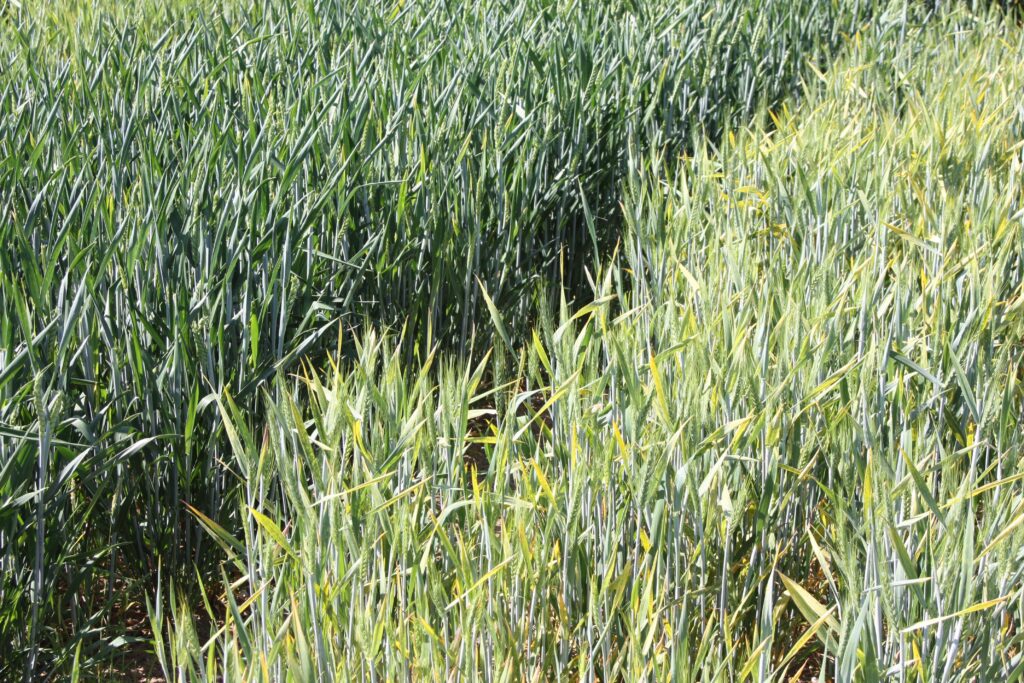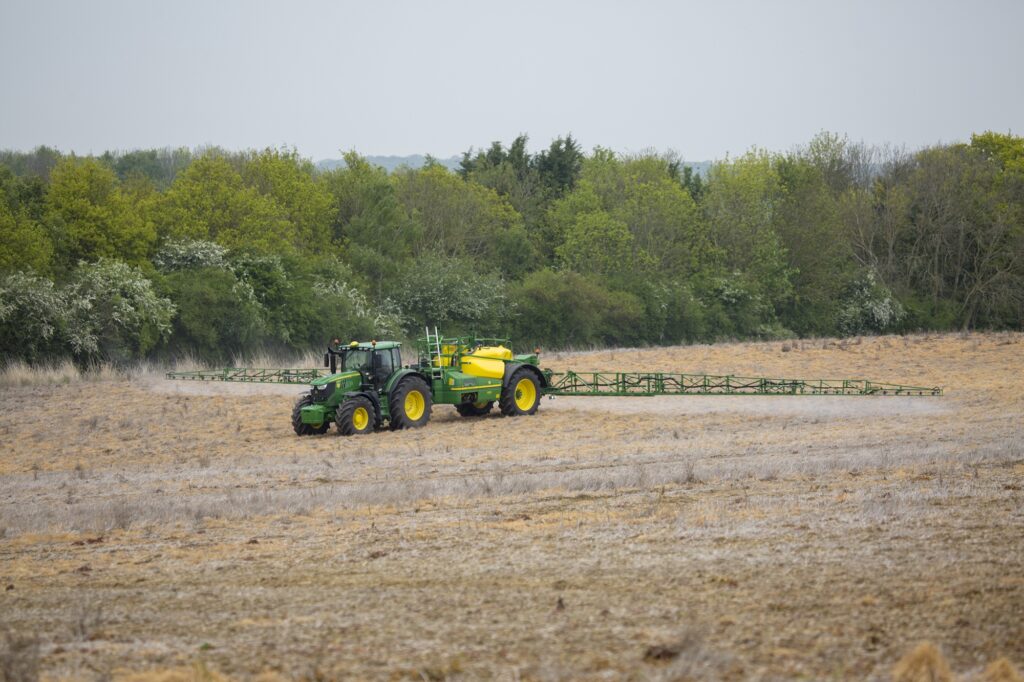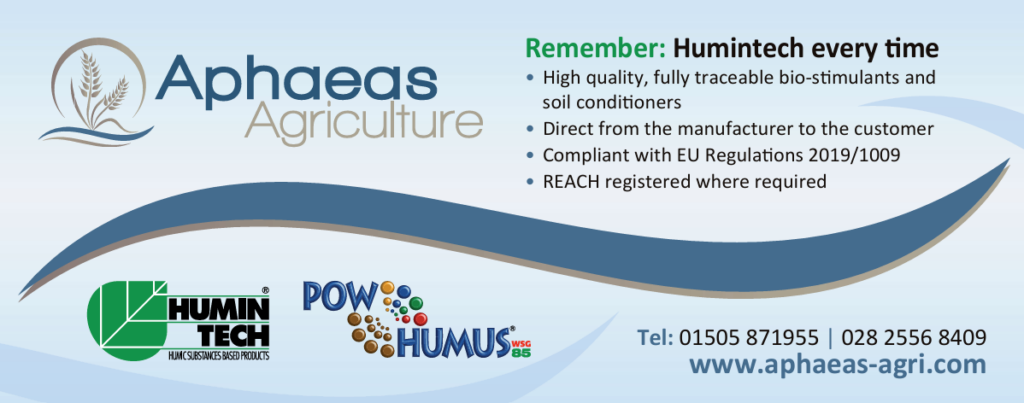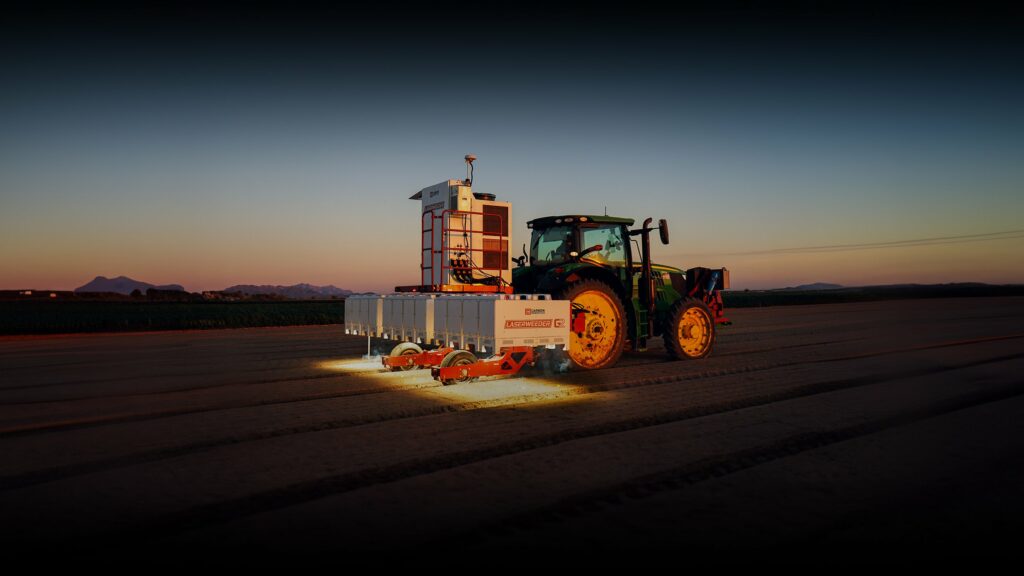Finding the perfect regen wheat variety
What are the key characteristics of the perfect wheat variety for a regenerative system? For most growers, yield is often the first and most important data point to look at when judging which wheat variety to grow, along with end market suitability. In a regenerative system yield, while still important, is perhaps no longer the …









